Exercise: What's In It for You?


Better Mood
Cranky? Get moving. Exercise makes you feel happier. When you work out, your body makes endorphins -- "feel-good" chemicals in the brain. You can actually start to feel better within a few minutes of moving. But the effects of regular exercise can last for a long time.
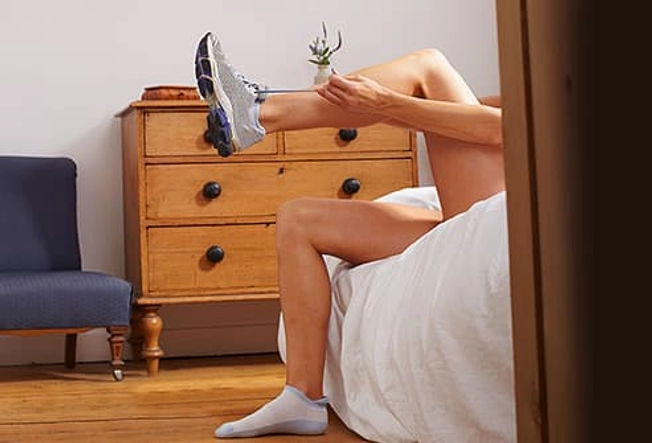
More Energy
You might not expect it, but using energy to exercise gives you more get-up-and-go. Sometimes when you're tired, the last thing you want to do is move. But when you exercise regularly, that fatigue goes away and you find yourself with a lot more pep.
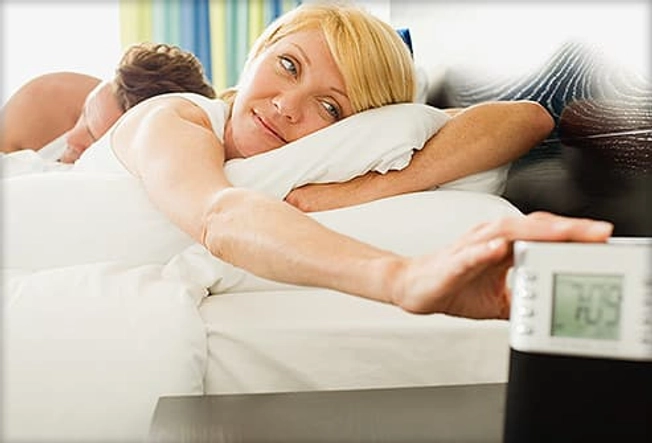
Good Night's Sleep
Get regular exercise to help you fall asleep faster and sleep more soundly. The harder you exercise, the more likely you are to have a good night's sleep. It doesn't matter when you exercise, as long as you don’t have trouble sleeping. If you do have problems, though, work out earlier in the day.

More Confidence
You just walked a mile or ran your first 5K. Success like that can boost your self-esteem and make you ready to conquer anything. Exercise makes you feel good about yourself.
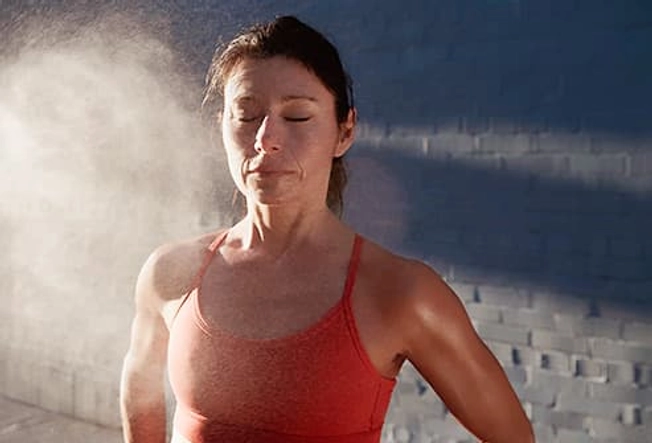
Less Stress
Exercise calms your body and your brain. After your body works hard, the levels of stress hormones -- like adrenaline and cortisol -- drop. Stress and anxiety fade away, especially after aerobic exercise.

More Productive
Want to be more efficient at work? Take a break and get some exercise. In one study, people who got moving in the middle of the day were much more productive when they went back to work. They also were happier and got along better with their co-workers.
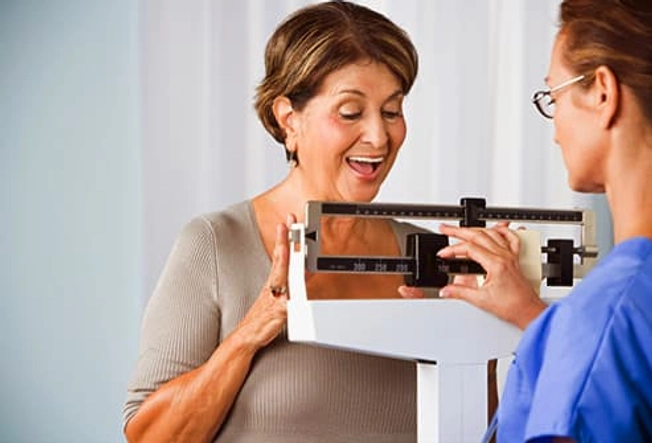
Weight Control
Exercise and diet work together to keep your weight healthy. Whether you want to lose some inches around the waist or just avoid putting on extra pounds, exercise is the key. Try to work out 30 minutes most days of the week.
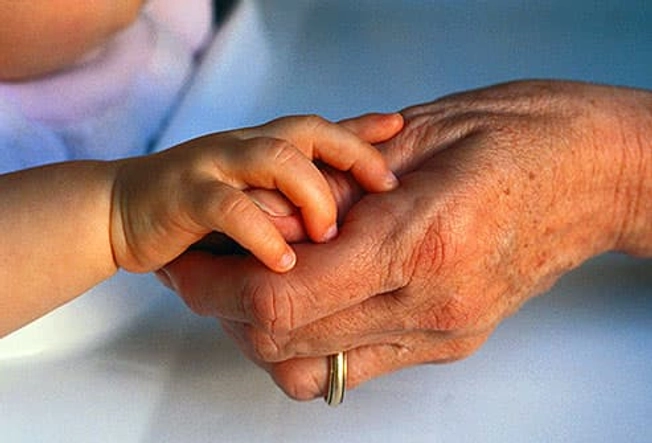
Long Life
Regular exercise can add years to your life. And that counts even if you're not a hard-core fitness buff. Just get moving. Even a little exercise can help you live longer than not exercising at all. The American Heart Association says that people who maintain a healthy weight and are physically active live an average of 7 years longer than those who don’t.
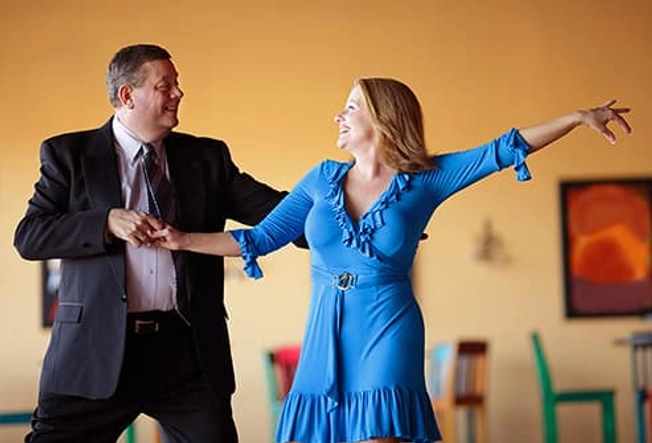
Strong Bones and Muscles
Your bones and muscles get stronger when you work out. It's especially important to do weight-bearing exercise, such as weight-lifting, tennis, walking, and dancing. This can help build bones as you get older. And it can help ward off osteoporosis and protect your balance and coordination.
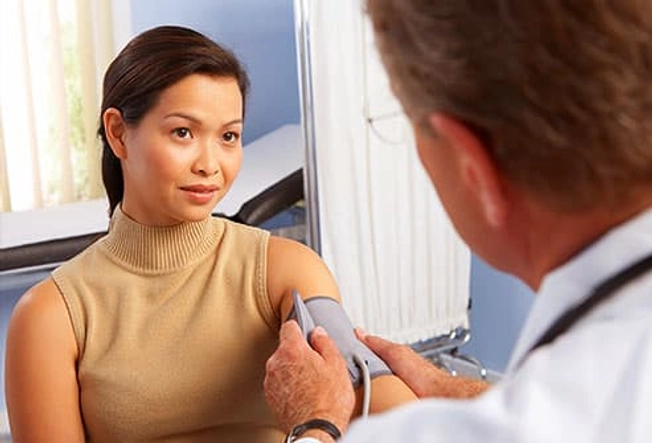
Healthy Heart
It's no secret that exercise is great for your heart. Regular workouts lower your risk of heart disease, improve your blood cholesterol levels, and help control and even prevent high blood pressure.
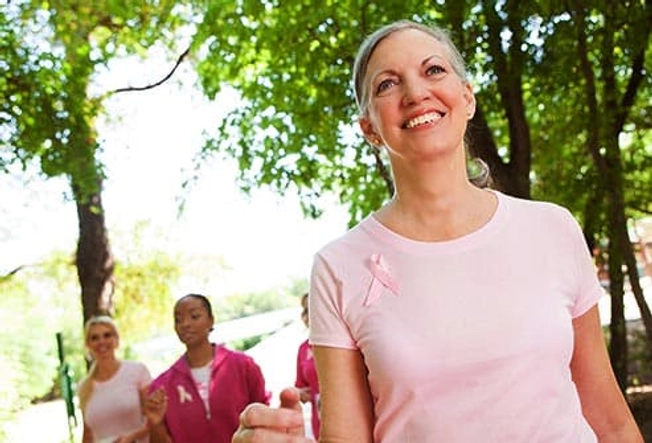
Lower Risk of Cancer
Regular exercise can cut your risk of some cancers, including colon, breast, and lung. And people who have cancer have better quality of life when they exercise.

Less Arthritis Pain
If you have arthritis, regular exercise can help ease your pain. And it can make your daily activities easier. Try non-impact exercises like swimming. They can be easier on sore joints.
